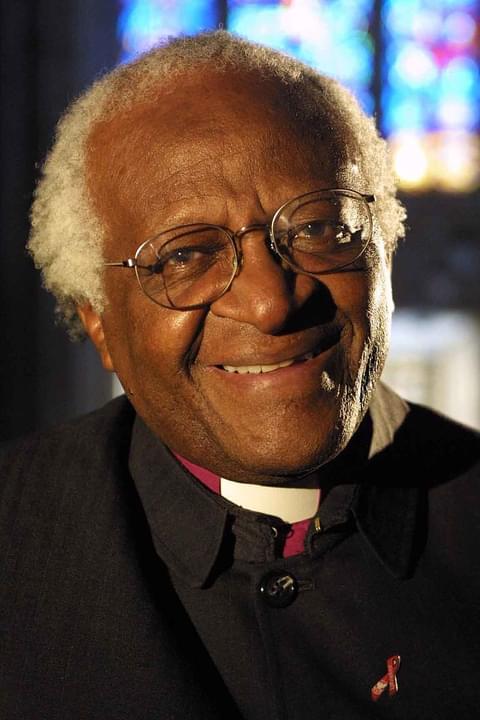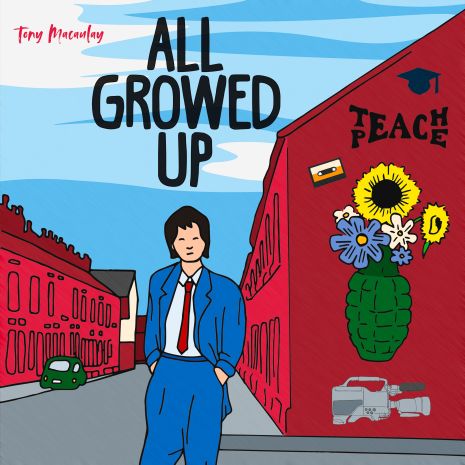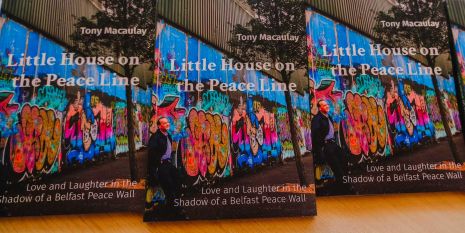Remembering Desmond Tutu 1931-2021

I met Archbishop Desmond Tutu in 1998, during one of his many visits to Northern Ireland, when he was encouraging and supporting peace and reconciliation. I heard him speak to an audience of community workers in Belfast and then I had the privilege of sitting beside him at a private dinner with local peacebuilders.
What I remember most about meeting Desmond Tutu was his humility. He was one of the most famous and respected men in the world and yet there was no hint of arrogance or self-importance. He didn’t boast of his vital role in ending apartheid and working for justice and reconciliation in South Africa. He didn’t regale us with anecdotes about his famous friends and his Nobel Peace Prize, he didn’t bore us with theology or dazzle us with his intellect.
He taught us about the importance of humility in leadership, and most of all he talked about the love of God. He told a gathering of cynical Westerners that God loves us. I’d never seen so many atheists actually listen to a clergyman.
He had a wonderful sense of humour, a warm smile and a joyful chuckle. He didn’t take himself too seriously. This lightness and warmth was remarkable to see in a great man whose life and message had been anything but comfortable.
His legacy to the world is hope for peace, reconciliation and forgiveness. In some ways the title of his autobiography sums up his life and his message – No Future Without Forgiveness. It’s still a powerful message for Northern Ireland, and the world.

Today, as we mourn his passing, at a time of continued violence and uncertainty in the world, let’s reflect on the words of the late Desmond Tutu:
“Hope is being able to see that there is light despite all the darkness.”





